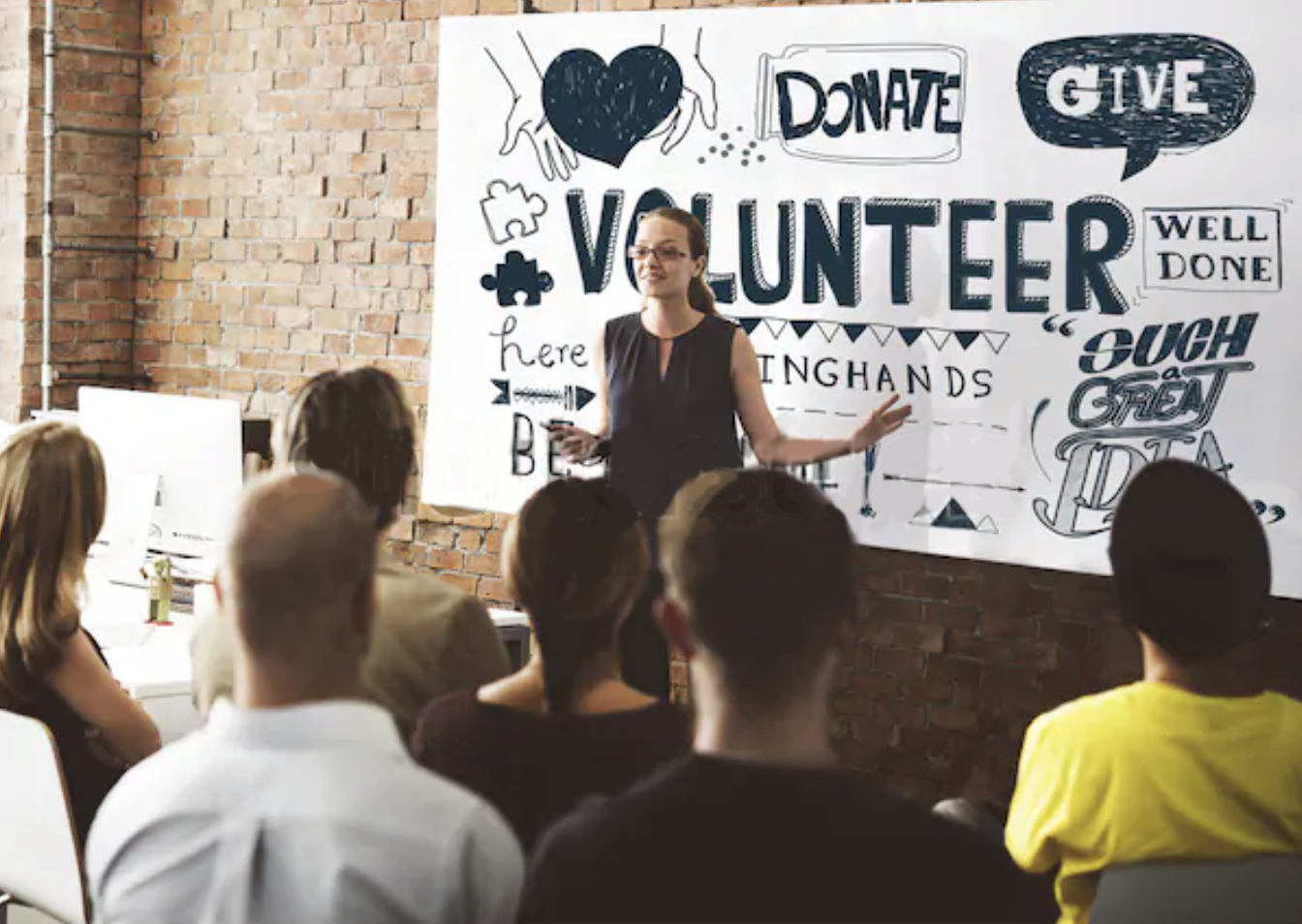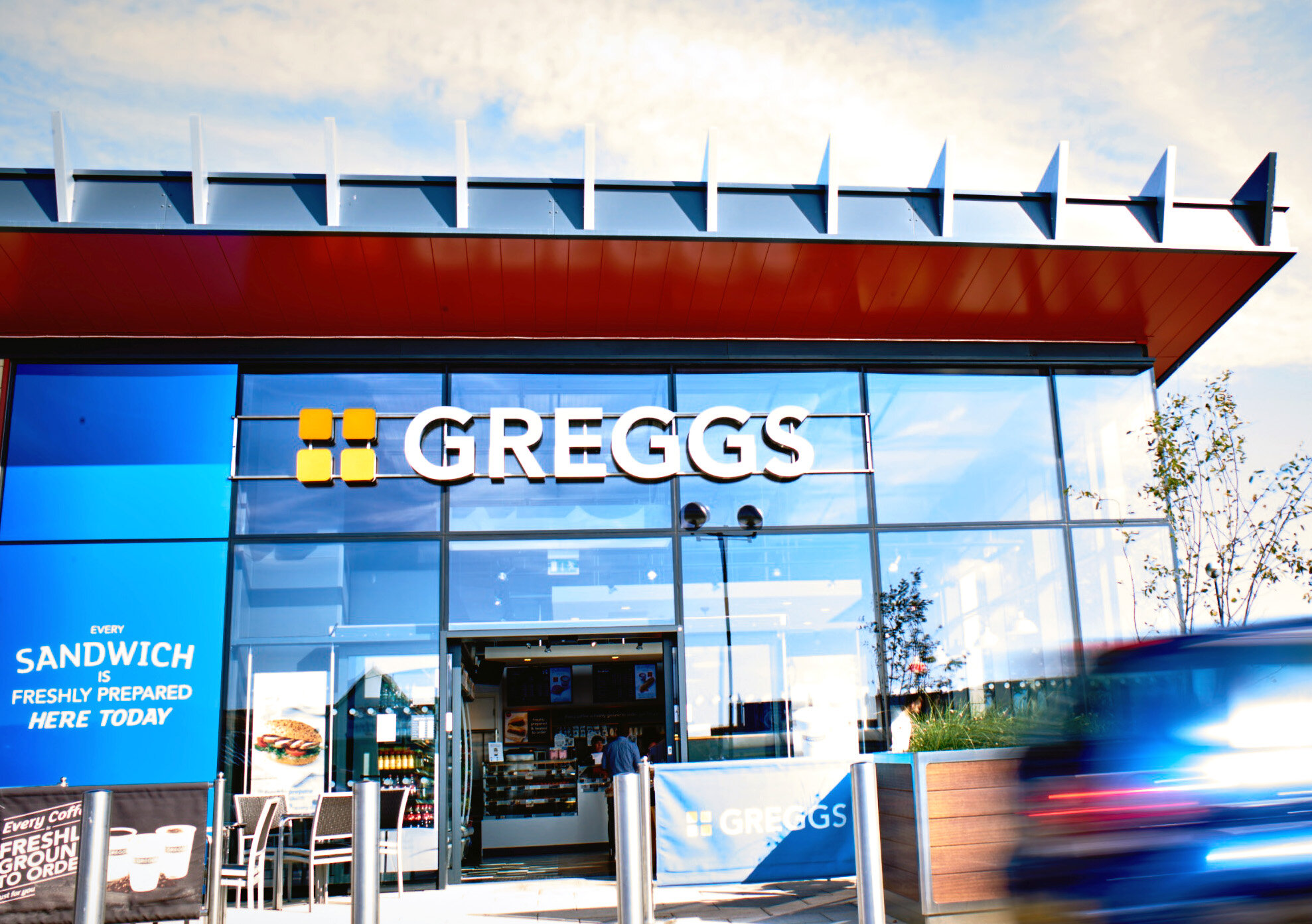Is impact a good thing?
Impact isn’t generally used in a positive sense - as anyone who has had a prang in their car knows. Indeed, the dictionary defines it as “Forcible contact or collision”.
Impact generally leaves a noticeable impression. It often produces a change in shape. So why do we use the word impact in the context of the lives of the people that we work with?
It is helpful to think of impact in the artistic sense of the word, for example a sculptor chipping away to bring out something special and valuable.
Speaking the lingo (definitions)
Impact sits within a wider cluster of ideas that relate to the effectiveness of the services that we deliver, including:
Outputs, which tell us how busy we have been:
They typically count of the number of times we did something,
e.g. provided 17 coffee mornings attended by a total of 28 older people.Outcomes, which tell us how effective we have been:
They summarise what changed as a result of the activity/service being delivered, e.g. 75% of participants reported being less socially isolated.Indicators, which are the building blocks of evidence:
They are the specific things we track in order to show an outcome is being achieved, e.g. reducing sugar intake and walking more are both indicators of physical health.Impact, which describes the overall effect of our work:
Patterns in outcomes data over time are used to tell the bigger story of how a service is making a difference within a population, e.g. We saw a moderate improvement in the health of 65-75 year old men last year.
Sector Trends
When Impact first came on the scene the preoccupation was with measurement. There was a sense that collecting lots of data reassured organisations of their professionalism. Over time organisations realised that they were accumulating lots of data but lacked the ability to interpret and understand the story that the data was telling them.
Impact Management is a more recent development that places the emphasis on being very clear on what data is being collected and why. Within Impact Management the aim of reporting on Outputs and Outcomes is in order to understand what aspects of a service are being effective and to identify where it is proving more challenging to achieve positive change. Data is used to aid reflection and learning, with a view to continuous and intelligent service improvement.
Social Impact
Within the world of Impact the phrase Social Impact is often discussed. This represents a desire to make claims about the ‘knock-on effect’ of organisational impact through the wider social system, e.g. reductions in A&E admissions or reduced demand on Social Care services. ‘Social Return on Investment’ sits at the most difficult end of impact reporting involving complex mathematics and economics based on principles such as ‘Attribution’ e.g. how can you be sure that the improvement you saw in the wellbeing of a client was due to your intervention and not some other factor?
Expert economists have produced a variety of databases containing a wide range of ‘Financial proxies’ which seek to apply £ values to the outcomes achieved, e.g. frequent moderate exercise has a wellbeing effect of £4179. It is fair to say that within the sector are both enthusiasts for, and sceptics of, the £ values proposed in these economic models.
Where next?
If you’d like to have a chat with us about how impact management can be used to drive improvement within your charity, social enterprise or business just drop a line to: impact@goodlabs.uk












